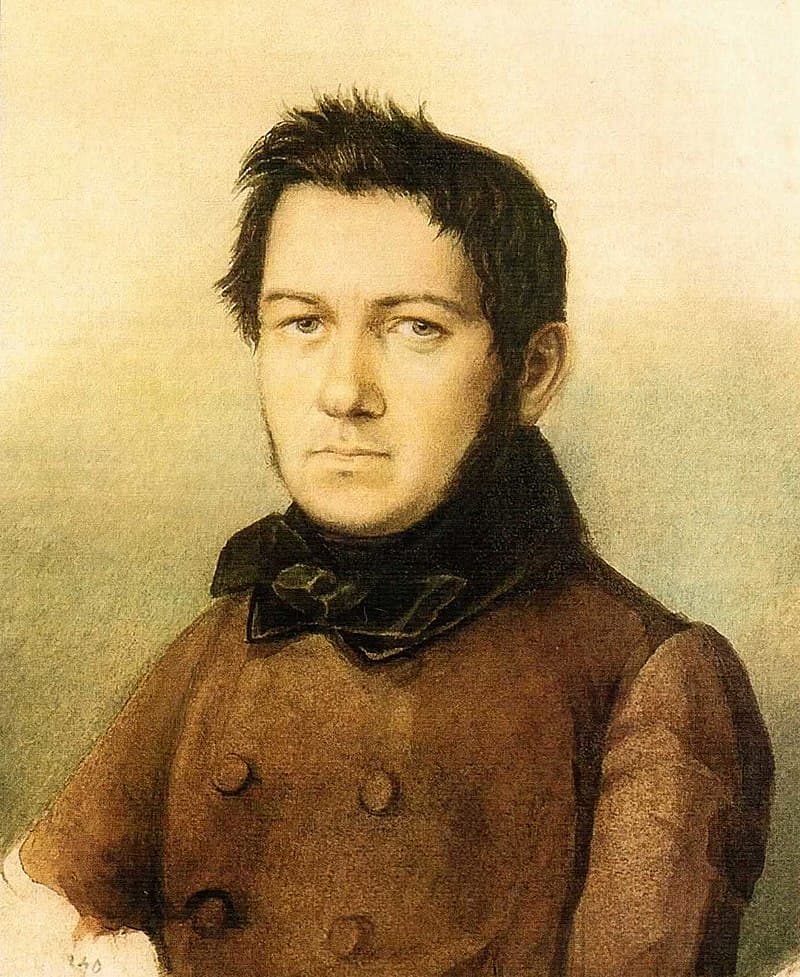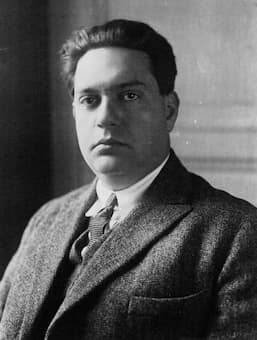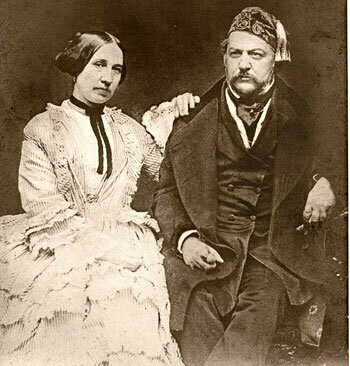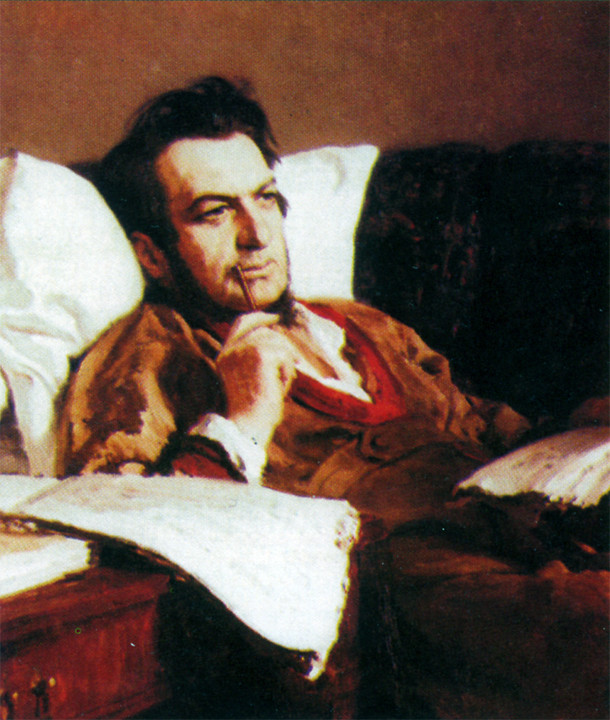We are very fortunate, indeed, that Mikhail Glinka, born on 1 June 1804, left us a detailed account of his life and works in his Memoirs. Began in June 1854, Glinka was not recording his life story, because he strongly
Glinka
In 1936, the French composer Darius Milhaud (1892-1974) wrote incidental music for Le médécin volant (The Flying Doctor), a play by Charles Vildrac based on Molière’s play of the same name, which uses Italian commedia dell’arte characters. The title of
Mikhail Glinka (1804-1857) has been described as a “dilettante of genius.” His compositions are widely considered the foundation of Russian music, but he primarily wrote them while living and traveling in Western Europe for 23 years. During the 1850s, Glinka
Upon departing from Italy, Mikhail Glinka stopped in Berlin and took some counterpoint lessons from Siegfried Dehn. The study of counterpoint fueled his desire to write a national opera, as he wrote to a friend, “I have a project in
Mikhail Glinka (1804-1857), often called the “Father of Russian music,” was a bit of a delicate flower. Because his older brother had died in infancy, his grandmother lavished great care on his physical wellbeing. Glinka remembers, “Soon after my birth





